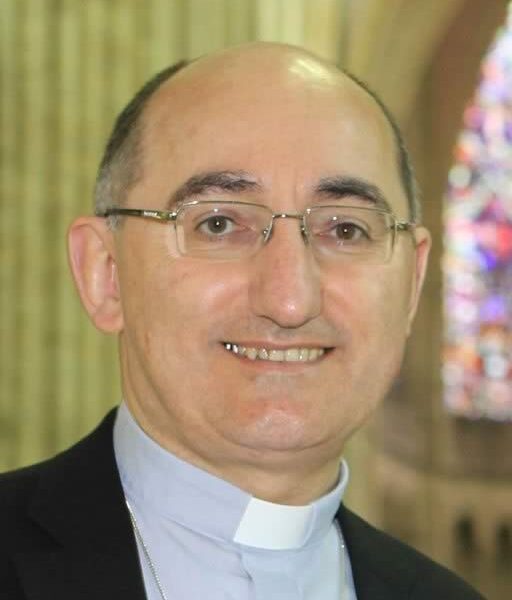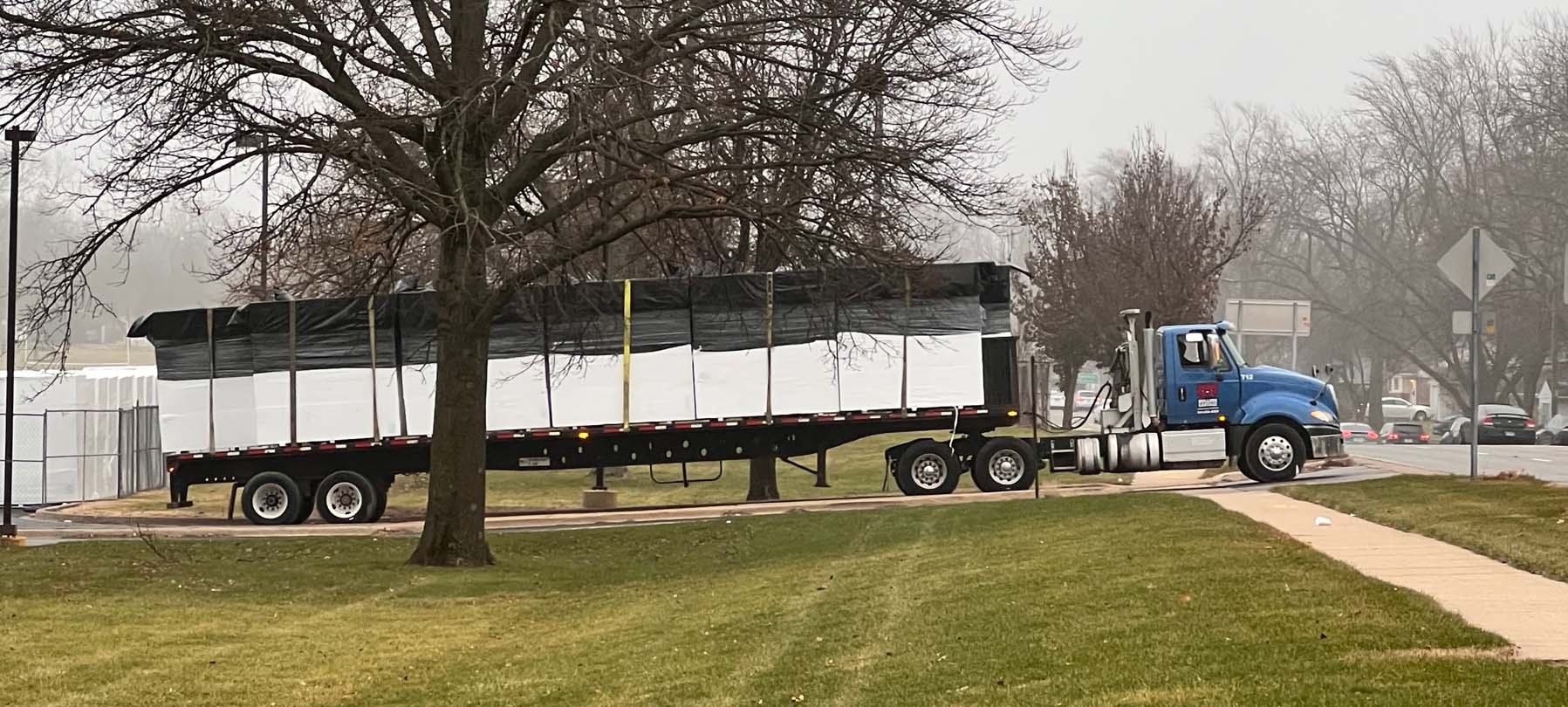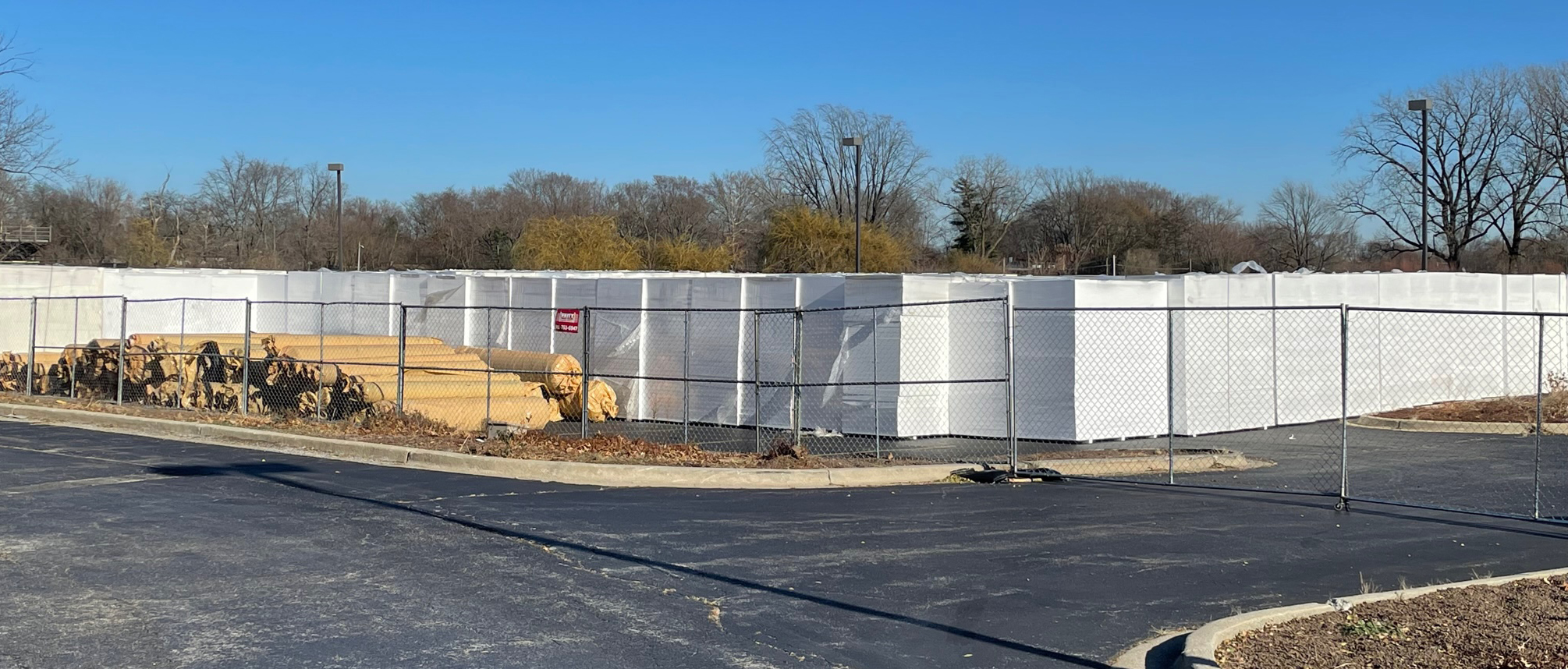by Robert Shine, Managing Editor
New Ways Ministry
In Pope Francis’ nearly-eleven year tenure, perhaps nothing he has done has prompted so many responses in such a short time as approving blessings for same-gender couples. Within a day or two of the release of the Vatican declaration on blessings, entitled Fiducia Supplicans, scores, if not hundreds, of church leaders and other Catholics spoke out—and strongly.
Yesterday and today, Bondings 2.0 is providing summaries of such responses, primarily from church leaders. Today’s post highlights positive remarks from around the world. For yesterday’s post report on Vatican officials’ defense of the declaration, as well as global bishops’ criticism, click here.
The following are instances of positive responses, organized by country. (Responses by U.S. bishops will be compiled in a forthcoming post.)
Austria
Bishop Josef Marketz of Gurk said in a statement that he was “happy and grateful” blessings were now allowed, particularly because the Vatican’s 2021 ban on such blessings had “hurt and offended many people.” Marketz added that it is “always very clear that same-sex couples are not second-class Christians,” and he hopes the church can be more inclusive of people of every sexual orientation, which will require “a lot of mutual tolerance, acceptance and appreciation – not just in the form of words, but above all in the form of deeds and pastoral and liturgical actions.”
Archbishop Franz Lackner of Salzburg, chair of the Austrian Bishops’ Conference, said he felt “joy” about the declaration because “in principle, [a blessing] –like bread– should not be denied to anyone.” In an interview, he expanded by saying that now when a pastoral minister is asked to bless a couple, “basically, you can no longer say no.” Lackner added further (via Google Translate), “I believe that the Church recognizes that a relationship between two people of the same sex is not entirely without truth: there is love, there is loyalty, there are also shared hardships and faithful living. This should also be recognized.”
Bishop Wilhelm Krautwaschl of Graz-Seckau welcomed the declaration as supporting existing diocesan efforts to better affirm same-gender couples, including the possibility of blessing them.
Belgium
Bishop Johan Bonny of Antwerp, who made history in 2014 by asking the church to bless LGBTQ+ couples and who had been deeply critical of the Vatican’s ban on blessings in 2021, commented on the new declaration:
“‘It helps us move forward, because the new text not only answers questions from gays and lesbians, but also from cohabiting couples with children and from divorced people. . .The Pope is now doing what is possible and necessary. . .The church must go step by step. . .In any case, it will stimulate the debate. I quite believe that a group is not ready for this step. That is why the Pope gives the freedom to priests and faithful to follow their own conscience. I think that is good and smart.’”
Geert De Kerpel, spokesperson for the Flemish bishops, a subsection of the Belgium’s episcopate that began performing blessings last year. Of the Vatican’s statement, De Kerpel said, “This is a very big breakthrough. . .Because it comes from the highest body of the Church and because it also explicitly says that same-sex couples can receive the blessing. It is important as a sign and as a symbol.”
Denmark
Bishop Czesław Kozon of Copenhagen issued a somewhat positive statement, which both encouraged inclusion while also encouraging a restrictive reading of the declaration. Kozon contended that, “the problem is thus not the content of the statement, but the way it will be received and interpreted.” He continued:
“Everyone must be able to feel at home in the Church, accepted and loved, even if they cannot receive all sacraments. . .Living in a relationship that is not a marriage, including as persons of the same sex, must therefore not mean a lack of care on the part of the institutional Church or from the community of the congregation. Sexual orientation is not chosen voluntarily. . .A relationship between two people of the same sex can also contain values such as care and faithfulness. . .
“If the doctrinal ministry’s statement is to have its proper effect and not create confusion and polarize, it is important that it is read and understood in the right sense, which consists partly in confirming traditional Catholic teaching and morals, partly in helping people on their way to to see the truth and the meaning in this, but also, as long as they are on the way, to accompany and support them in this process by presence and care.
“Let us pray that we, as a church in Denmark, may both manage to show what is unique and valuable about the ideals of marriage and at the same time be able to reach out and give those who are still a distance from the ideals, an experience of being a desired and valuable part of our community.”
France
Archbishop Hervé Giraud of Sens-Auxerre said in an interview that he would bless same-gender couples “because I believe it’s based on a beautiful idea of blessing, according to the Gospel and the style of Christ.” He continued:
“Pope Francis is trying to move away from the simple ‘allowed-prohibited’ to place people under God’s gaze in order to lead them back to safer paths. A blessing opens these safer paths.
“Until now, the debate in the Church has been between those who say you can bless the people, but not the couples, and their opponents. With this note, the pope goes further: he asks that we take people’s situations into account, to encourage them to live better Christian lives. . .
“Behind these small steps lies the Church’s concern for communion, because some lay people and clerics are opposed to any change on this issue, so we need to go very slowly and do a lot of teaching on the meaning of what is at stake: God wants to take us from wherever we are to lead us to him.”
Ireland
Archbishop Eamon Martin of Armagh, the Primate of All Ireland, said that “at a practical level as a priest, I welcome the clarity in this document.” Pope Francis makes clear blessing same-gender couples is not recognizing their union, yet:
“At the same time, it shows that the issues and the hurts experienced by people identifying as LGBT+ have certainly been heard very loudly within the church. I do hope that people who may have felt excluded in the past, will see this as some step towards them with the love and mercy of Christ. . .[T]he pope is very much exercising his pastoral role in accompanying people. . .This particular declaration makes somebody like me or any priest a little bit more comfortable that they can do this without feeling, ‘Am I contradicting the teaching of the church?’ So, there is a clarity here, which I think will help pastors on the ground.”
Philippines
Archbishop Socrates Villegas of Lingayen-Dagupan released guidelines allowing priests to bless not only same-gender couples, but those in “cohabitating relationships, non-sacramental civil marriages, divorced and remarried unions, polygamous bonds,” though all within a context of calling people to conversion.
Bishop Pablo Virgilio David of Kalookan, president of the Catholic Bishops’ Conference of the Philippines, gave a brief statement affirming the Vatican declaration as “clear in its content and intent,” saying it “does not require much explanation.”
Singapore
Cardinal William Goh weakly affirmed the declaration to bless “everyone, without exemption,” including “couples who are in irregular situations,” though not the unions of queer couples. Goh explained that priests “do not bless the sins of the person, but rather, the individual who is always loved by God, even when he or she is a sinner.” The cardinal lauded Pope Francis for differentiating the difference between blessing couples and unions.
Southern Africa
The Southern African Catholic Bishops’ Conference, which represents bishops in South Africa, Botswana, and Eswatini, issued a statement which states: “What the document is affirming is that nobody is outside God’s grace, and couples living in same-sex unions may not be denied a blessing when they spontaneously request it.” While reiterating such a blessing does not alter church teaching on sexuality and marriage, the statement continues:
“The [Conference] will guid further on how such a blessing may be requested and granted to avoid the confusion the document warns against. In the meantime, the suggestions offered by the declaration may be taken as a guide with prudence. It remains the position of the Church that all people, regardless of their sexual orientation, must be treated with the dignity that they deserve as God’s children, made to feel welcome in the Church and not to be discriminated against or harmed.”
Cardinal Stephen Brislin of Cape Town, the Conference’s spokesperson, made further comments. He reaffirmed that nothing about church teaching on marriage had changed, adding, however:
“When a blessing is given there’s not an interrogation made about the person’s moral standing or their moral perfection. It is usually simply given in simple words. The Dicastery is saying yes, blessings can be given to couples who are in same-sex unions, or indeed in other irregular unions. Blessings bring people closer to God. . .In essence, this is what the document deals with and its grounding principle is that nobody is excluded from the love of God.”
Switzerland
The Swiss Bishops’ Conference released a statement saying the Vatican declaration “corresponds to the Swiss bishops’ wish for an open church that takes seriously, respects and supports people in different relationship situations.” The statement continued:
“The declaration ‘Fiducia supplicans’ shows that the church offers space for all people. The bishops are aware that such a church requires tolerance and mutual appreciation. The conversations in the Holy Spirit that took place as part of the Synod on Synodality this year opened up a wide space for this. With the declaration that has now been published, the Church shows that it has recognized and taken seriously the synodal concerns and, also in continuity with the apostolic exhortation ‘Amoris laetitia’, consistently fulfills its mission of pastoral care for all people.”
Other Reactions
Croatia
Archbishop Dražen Kutlešaof Zagreb, president of the Croatian Bishops’ Conference, said in a television interview “if someone is in a certain state, especially a sinful one – then the Church wants to have special care and attention for that person,” and emphasized foremost that the declaration bars any ritualization of blessings. The archbishop admitted, however, he had not read Fiducia Supplicans closely.
India
Archbishop Victor Lyngdoh of Shillong affirmed priests could offer such blessings.
Ukraine
Major Archbishop Sviatoslav Shevchuk, head of the Ukrainian Greek-Catholic Church, said the blessings declaration does not apply to his church or any non-Latin Catholic church because the meaning of blessings in Eastern church is sufficiently different, reported Crux.
Elsewhere in the country, Bishop Pavlo Koncharuk of Kharkiv-Zaporozhzhia, and his auxiliary, Bishop Jan Sobilo, claimed in their own statement that the Vatican declaration is at “a great danger of introducing such wording as the beginning of steps that will gradually allow further legalization,” and blessings could lead to acceptance of same-gender relationships.
—Robert Shine (he/him), New Ways Ministry, December 28, 2023
ENEWSPF is grateful for the kind permission of New Ways Ministry to republish this article from their site.









